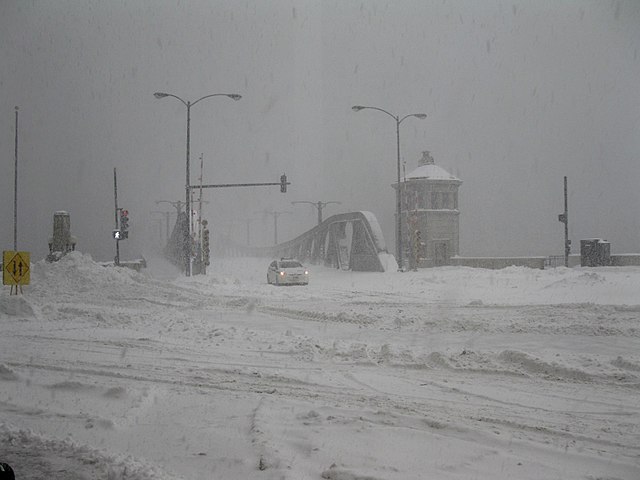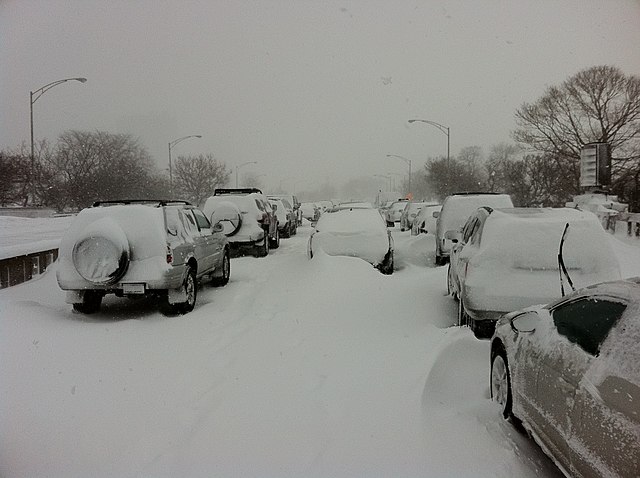
Through the generosity of the late Professor Benedict Anderson and Ajarn Charnvit Kasetsiri, the Thammasat University Library has newly acquired some important books of interest for students of Association of Southeast Asian Nations (ASEAN) studies, political science, sociology, and related fields.
They are part of a special bequest of over 2800 books from the personal scholarly library of Professor Benedict Anderson at Cornell University, in addition to the previous donation of books from the library of Professor Anderson at his home in Bangkok. These newly available items will be on the TU Library shelves for the benefit of our students and ajarns. They are shelved in the Charnvit Kasetsiri Room of the Pridi Banomyong Library, Tha Prachan campus.
Among them is a newly acquired book that should be useful to TU students who are interested in literature, history, political science, sociology, linguistics, humor studies, and related subjects.
Mr. Dooley’s Opinions is a book by Finley Peter Dunne, an American sociopolitical satirist of Irish origin.
As Benedict Anderson was a proud Irishman, he was clearly amused by the writings of Dunne, whose satires featured a fictitious character, Mr. Dooley, who supposedly ran an Irish pub on the South Side of Chicago, Illinois.
Dr. Dooley’s speech is written in a way to evoke an Irish accent in English speech, so it can be challenging for non-native speakers of English to read.
Nevertheless, around the year 1900, his satires were highly influential in American politics.
The TU Library collection includes several other books about political satire.
Finley Peter Dunne repeatedly referred to Siam in his books, which were published during the reign of HM King Chulalongkorn.
In another book, Mr. Dooley Remembers-The Informal Memories of Finley Peter Dunne, the narrator discusses how charming Irish people are:
When the King of Siam wants a pleasant evening, who does he send for but a lively Kerry man that can sing a song or play a good hand at [cards]?
County Kerry, in the peninsular southwest region of Ireland, is known for its Irish-language speakers.
This reference is not meant to be taken literally as historical fact, but as a humorous example that Irish people are valued far from Ireland or Chicago.
In Mr. Dooley’s Opinions, Siam is also referred to in terms of the importance of newspaper editors, whose writings supposedly
arranged the difficulties between the Grand Lama and the King of Siam last year.
This is offered as a humorous exaggeration about the far-reaching impact of news media and is not intended to claim that there was any real-life conflict between Thubten Gyatso, the 13th Dalai Lama of Tibet and HM King Rama V.
However, Dunne’s other chapters in Mr. Dooley’s Opinions make more general observations that have specific value, like one about lying, here presented in standard English form for easy legibility:
“The question before the house is when is a lie not a lie?” said Mr. Dooley.
“How’s that?” asked Mr. Hennessy.
“Well,” said Mr. Dooley, “here’s Professor E. Benjamin Something-or-Other instructing the youth at the Chicago University that a lie, if it’s for a good purpose, is not a lie at all. There’s the great school down there on the Midway. You can learn anything you have a mind to in that seminary, and now they’ll have a course in lying. The earnest youth in search of a career in life will be taught lying individually and in classes, lying by ear and by note, lying in the home and lying to the public, lying automatically, the lie direct, the injurious lie, the lie with the hand, the lie with the eye, the ready fake, the bouncer, the stiff, the con, the bunk, the poetic lie, the business lie, the imaginative lie, the brassy lie, the timid lie, the white lie, the patriotic or red-white-and-blue lie, the loving lie, the over-the-left, the cross-my-heart, the hope-to-die, history, political economy, and mathematics. They’ll be a postgraduate course in perjury for the more studious, and when the honorary degrees are given out, we’ll know what LL. D. means.”
“Sure, they don’t need to learn people lying,” said Mr. Hennessy.
“Well, no, faith, that’s true,” said Mr. Dooley. “Here am I with no more education than you could write on the back of a postage stamp and as fluent and ready a liar as ever a professor or graduate ever turned out by an Institute of Mendacity. That’s what I am, I’m a born liar. As the poet that Hogan spouts has said: ‘I lisped in falsehood, for the falsehood came.’ I could lie before I could speak or walk. For every lie I got found out in and whaled for, I told forty that never were run down. I’ve lied steadily through life, and here I am in my green old age—though not as old as many would make out—lying without the aid of glasses. Try me. Ask me how much water there is in that barrel—if you dare! You’re a liar too, Hennessy.”
“What’s that?” shouted Mr. Hennessy.

“Keep cool,” said Mr. Dooley. “I’m not referring to what I heard you tell your wife about the paycheck or that story of yours about the big man you beat in the Halsted Street car. But the clothes on your back are a lie or at least an equivocation or a hand-me-down, and the smile you greet me with is no more than half on the square, and the well-it’s-glad-I-am-to-see-you rally means you’re sorry you came. All the world is busy deceiving its neighbor and itself. The poor are poor because they are poor liars and…
The rich are in the know that they’ve accumulated a large stock of non-assessable, interest-bearing lies or inherited the same from their indulgent and mendacious fathers. That’s what they tell me.
“And what is a lie, tell me? I could answer myself if I always knew what the truth was, my boy. A good many of the whoppers I tell you are the result of trying to take a short cut to the truth and ending up just this side of perjury. Some things that look like lies to me today will seem all right in the presidential year. I lie many times from kindness, more often from laziness, and most often from fear. Some of the boldest liars I ever met would’ve been truthful men if they’d dared to be. The most uncommon form is the malicious liar, and the meanest is the just liar. Many men lie because they like conversation and they feel they can’t impress the man they’re talking with without piling it on. I’ve lied at times to beguile the hours away. I never deceived anyone half so much as I have myself. If I didn’t do it once in a while, I’d feel so poor and depraved I couldn’t go on in business. […]
I would lie to get a friend out of trouble or an enemy in, to save my country if it was not surrounded already by a devoted band of heroic liars, to protect my life or my property. But if anybody asked me how I did it, I’d lie out of it. […]
“Sure, a lie’s a lie,” said Mr. Hennessy. “I always know when I’m lying.”
“So do I,” said Mr. Dooley.

(All images courtesy of Wikimedia Commons)

